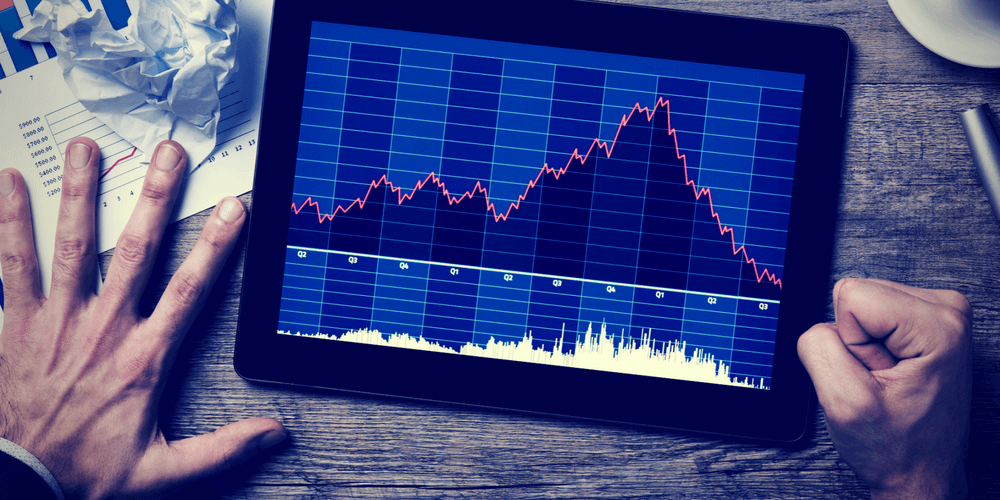
For many years, many economists have stated that cryptocurrencies lack intrinsic value. Robert Shiller, one of the outspoken Nobel-winning economists that have claimed bitcoin is a bubble, said he considers bitcoin an “interesting experiment,” but because of its lack of intrinsic value, it still does not have space in the finance market.
Emphasizing his enthusiasm towards blockchain technology but skepticism towards bitcoin, Schiller said:
I tend to think of bitcoin as an experiment. It is an interesting experiment, but it’s not a permanent feature of our lives. We are over-emphasizing bitcoin, we should broaden it out to blockchain, which will have other applications. Blockchain is the technology that underpins bitcoin and other cryptocurrencies. It is a decentralized network that records cryptocurrency transactions.”
However, fiat currencies or government-backed money also lack intrinsic value, just like cryptocurrencies and any other asset in the global market. The fall of the Venezuelan bolivar, the national currency of the country, is a prime example that demonstrates government-backed assets can fall dramatically in value, and experience major corrections, similar to cryptocurrencies.
“This money is shit.” A trash bag full of Venezuelan cash can barely buy lunch. pic.twitter.com/AE5mD4z2fw
— Dylan Baddour (@DylanBaddour) February 2, 2018
In 1997, during a period known to the South Korean people as IMF, in which virtually every major conglomerate declared bankruptcy and the South Korean economy collapsed, the price of the South Korean won against the US dollar reached 2,000 KRW. Today, $1 equals 1,090 KRW, less than half of what it was in 1997, merely twenty years ago. During that period, the value of the dollar decreased while the value of the Korean won increased.
Like any asset in the global market, government-backed currencies can also fall in value and as seen in the recent case of the Venezuelan bolivar, the concept of intrinsic value is flawed. The value of any currency or asset is solely decided by the market and the supply and demand from investors. If businesses and individuals abruptly terminate the usage of US dollars overnight, and the US loses leverage against the global economy, the value of the US dollar could also fall by large margins.
After Brexit, the price of the British pound sterling fell by large margins. In August 2017, the British pound dropped to its lowest levels since 2009. In 2014, merely four years ago, £1 was equivalent to $1.8. Today, £1 is only worth $1.41. In August, £1 fell as low as $1.27.

